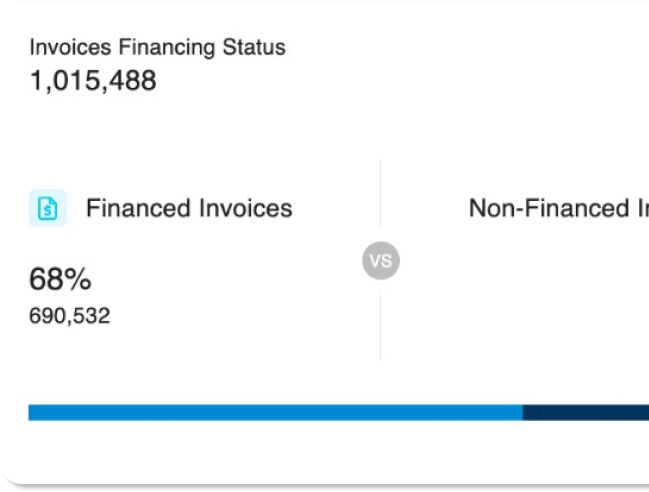Enhance Your Financial Strategy with Fauree's Shariah-Compliant Finance Solutions
Explore ethical financial solutions aligned with Islamic principles. Contact us to learn more.

Tijarah Financing

Ethical Trade-Based Finance
Tijarah financing adheres to Shariah principles by facilitating trade without interest (riba).
HOW DOES IT WORK
Goods Purchase
A financier buys goods requested by the customer.
Ownership Transfer
The financier owns the goods before selling them to the customer.
Sale to Customer
The goods are sold with a disclosed profit margin, paid in installments.
No Interest (Riba)
Ensures compliance with Shariah principles.
Transparency
Clear disclosure of profit margins upfront.
Asset-Based
Involves tangible assets or goods.
Risk-Sharing
Both parties share risks and rewards.
Murabaha Financing
Transparent Cost-Plus-Profit Structure
Transparent Cost-Plus-Profit Structure Murabaha financing operates under Shariah guidelines.

HOW DOES IT WORK
Corporate Agreement
: Buyer and bank agree to Murabaha terms.
Integration
Fauree integrates with buyer’s ERP system.
Goods Purchase
: Buyer acquires goods on behalf of the bank.
Invoice and Payment
: Supplier invoices through Fauree; bank disburses funds.
Ownership and Payment
Buyer owns goods immediately, pays bank on deferred terms.
No Interest (Riba)
Conforms to Islamic finance principles.
Transparency
Profit margin disclosed upfront.
Asset-Backed
Assets serve as collateral, ensuring security.
Non-Speculative
Intended for tangible asset purchases, not speculation.